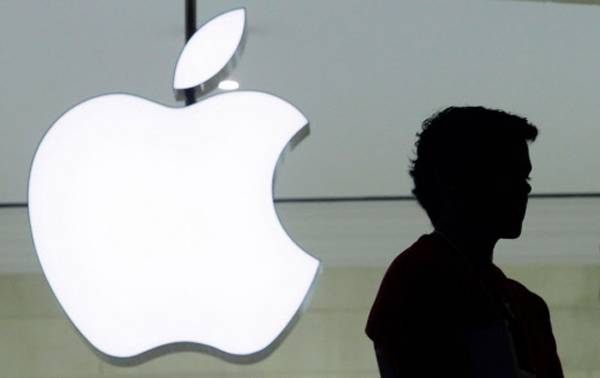Indian Engineers Constitute 1/3rd of Apple’s Staff – A Proud Moment!

So what’s the secret recipe of Apple’s sauce? Well, it’s the Indian Engineers! Though it might sound surprising, but the scale would even be more surprising! It is estimated that 1/3rd of the $171 billion company’s engineering staff is Indians alone, and that a large and increasing proportion of its enterprise software, and its service and support work is done by Indian IT vendors.
Apple filed 1, 750 H- 1B applications during the 10 year period 2001 to 2010, however the number increased sharply to 2, 800 during 2011 to 1013. US based HfS Research that compiled the data says that the majority of the H- 1Bs would be Indians alone, indicating that the iPhone and iPad maker’s dependence on Indian engineers has risen significantly in last few years.
“About 1/3rd of Apple’s engineering headcount consists of Indians who are either on H- 1B or on Green Card,” mentioned Pareekh Jain, the principal analyst at HfS Research.
HfS arrives at that conclusion looking at figures Apple disclosed in 2012. This was when it said it had 47, 000 people working directly for it in the United States, of which 7, 700 were customer support operators, and 27, 350 worked retail in Apple Stores, leaving about other 12, 000 as engineers, marketers, designers, and other white- collar tech product workers.
HfS Research also finds that Apple works with at least 5 India- based IT vendors including 4 large firms and 1 small firm and the scope of the work they do has been rising.

“Apple’s outsourcing strategy can be described in 3 words as ‘outsourcing for growth’. And the scope of outsourcing work has been enlarged in the last 2 or 3 years. From 2013, the company has dedicated IT outsourcing vendor managers based out of Bangalore who are acting as the bridge between Apple’s IT managers and India based IT vendors,” Jain said.
HfS Research declined to name the IT vendors, but TCS, Wipro and Infosys are known to do work for them. If we talk about Infosys, Apple is seen to be among theor top 10 clients. 2 years ago, they rented a 1.4 lakh sq ft office space near its headquarters in Electronics City in Bangalore just to house employees who would work exclusively for Apple. This building had a capacity to initially house only 1, 400 people.
Apple engages with Indian IT players for application development & maintenance, data analytics applications, business intelligence & data- warehousing, enterprise application integration, and ERP implementation. These Indian vendors, also provide software support for development and maintenance of Apple retail stores, do specific work for iTunes and iCloud, provide internal applications of release management, porting of web applications to iOS mobile and job search portals.
“The other aspect of Apple’s outsourcing strategy is multi- sourcing. This is with each IT vendor having some strong focus in areas like channels, supply chain, CRM, marketing, finance and some overlap.” Jain further added.
Apple did not respond to a mail sent by a leading newspaper daily on Friday seeking confirmation of the data. Well, that was perhaps to be expected so from a company regarded as among the most secretive in the world.
Apple, in 2006 had leased space in Bangalore to establish a technical support centre with 3, 000 people. However, within months the company abandoned the plan following an outcry from customers casting doubts on India’s ability to service and support Apple’s high- quality products. Nevertheless, in the following years, the company was clearly convinced it could not do without India and found other ways to use the country’s talent!
More recently, an incremental work coming from Apple has increased substantially as the volumes and complexity of Apple’s supply chain has increased. Apple’s market valuation now stands at $585 billion, they sold 35.2 million iPhones in the June quarter, so a growth of 12.7 % compared to the same period last year. According to them, a demand from BRIC economies: Brazil- Russia- India- China- has spurred iPhone sales.
“Its data warehousing applications have petabytes of data. Its volumes, product lines, and need for analytics have increased. Plus, Apple has acquired more than 30 firms in the last 3 years whose systems and applications need migration and integration to Apple’s applications. Thus, all this is translating into additional work for IT vendors” Jain put forth.